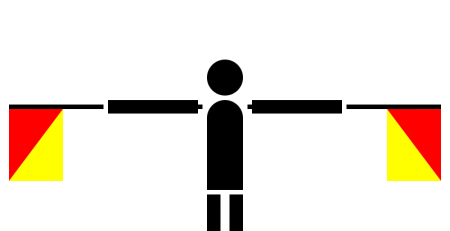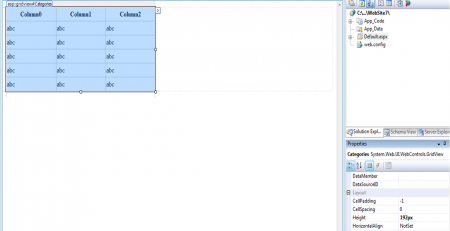C# Keywords Tutorial Part 19: decimal
Programming languages like C# are strong and useful for a variety of projects, from desktop and web applications to video games and smartphone apps. The fact that C# supports a variety of data types, including the “decimal” keyword, is one of its important features. We’ll examine the “decimal” keyword in this blog post, discuss how it varies from other C# numeric data types, and provide some code examples to demonstrate how to use it.
What is the “decimal” keyword in C#?
The “decimal” keyword in C# refers to a data type that is used to accurately and precisely describe decimal numbers. Precision is essential in financial and monetary computations, so it is especially helpful in these situations. The “decimal” keyword has a set number of digits and a fixed position for the decimal point, unlike other numeric data types in C# like “float” and “double.”
The syntax for declaring a variable of type “decimal” is as follows:
decimal variableName;
For example, to declare a variable to store a monetary value, we could use the following code:
decimal price;
How is the “decimal” keyword different from other numeric data types?
Precision is one of the main distinctions between C#’s “decimal” keyword and other numeric data kinds. Because the “float” and “double” data types are built on the binary system, working with decimal values can result in rounding errors and imprecision. The “decimal” data type, on the other hand, is based on the decimal system and has a significantly higher degree of precision.
The fact that the “decimal” keyword has a set number of digits and a fixed decimal point position is another significant difference. The “float” and “double” data types, which can hold a broader range of values but with less precision, are more flexible than this one but not as adaptable.
Code examples:
Let’s take a look at some code examples to illustrate the use of the “decimal” keyword in C#.
// Declare a variable of type "decimal"
decimal price;
// Assign a value to the "price" variable
price = 19.99M;
// Perform a calculation using the "decimal" data type
decimal total = price * 2;
// Output the result to the console
Console.WriteLine("Total cost: {0:C}", total);Output:
Total cost: $39.98
In this example, we declare a variable of type “decimal” called “price” and assign it a value of 19.99 using the “M” suffix to indicate that it is a decimal value. We then perform a calculation to get the total cost of two items and output the result to the console using the “{0:C}” format string to display the value as a currency.
// Declare a variable of type "decimal"
decimal amount;
// Assign a value to the "amount" variable
amount = 1500.50M;
// Perform a calculation using the "decimal" data type
decimal tax = amount * 0.08M;
// Output the result to the console
Console.WriteLine("Tax amount: {0:C}", tax);Output:
Tax amount: $120.04
In this example, we declare a variable of type “decimal” called “amount” and assign it a value of 1500.50 using the “M” suffix. We then calculate the tax amount using the “decimal” data type and output the result to the console using the “{0:C}” format string to display the value as a currency.












Leave a Reply